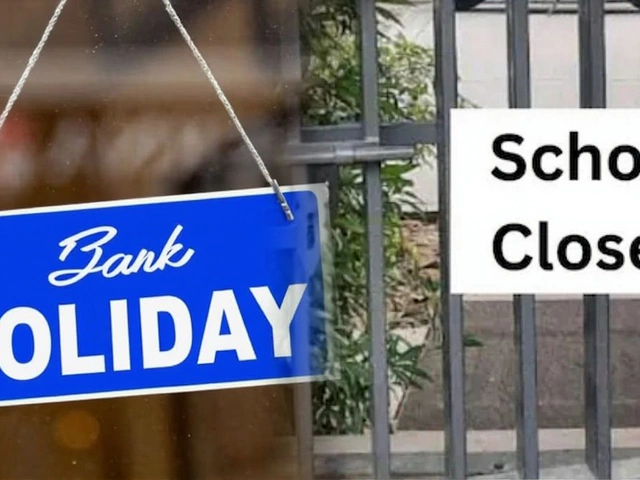Florida COVID & Healthcare Updates
Florida mixes heavy tourism, a large older population, and healthcare systems that range from big city hospitals to small rural clinics. If you live here or plan to visit, you want clear, local steps for testing, vaccines, and quick care. Read this for straight advice you can use right away.
Track local numbers, not national headlines. County health departments and nearby hospitals post the most current data on cases, bed capacity, and vaccine clinics. Those updates tell you whether hospitals are stretched, which testing sites report same-day results, and if booster clinics are scheduled nearby.
If you feel sick — fever, cough, loss of taste or smell, or trouble breathing — call your primary care provider or urgent care first. Many Florida clinics offer phone screening and telehealth visits so you can get guidance without waiting in a crowded room. If breathing becomes hard or lips turn blue, go to the emergency room immediately.
Testing and vaccine basics
Use the right test for the situation. Rapid antigen tests are good for quick screening before gatherings or travel. PCR tests give more accurate results and are better if symptoms persist. If a rapid test is negative but you still feel sick, follow up with a PCR.
For vaccines, follow current CDC guidance and your county health updates on boosters and eligibility. Vaccination lowers the chance of severe illness, hospital stays, and long recovery times. If you’re unsure about timing, your local pharmacy or health clinic can tell you which shot or booster fits your age and health history.
Insurance and costs matter. Florida residents use Medicare, Medicaid, employer plans, and private policies. If you’re uninsured, ask community clinics about sliding-scale fees and free vaccine events. Hospitals usually have billing offices that explain payment help and charity care options—call before scheduling non-urgent procedures.
Day-to-day safety and planning
Simple actions help: get vaccinated and boosted, wear a mask in crowded indoor spaces when cases rise, stay home if you’re sick, and keep hand sanitizer handy. If you live with older adults or people with chronic conditions, test before visiting and consider outdoor meetups when possible. Good ventilation cuts risk—open a window or sit outside on a porch.
Travel tips: schedule testing around your trip, know where the nearest hospitals and urgent care centers are, and carry proof of vaccination if needed. For longer stays, register with a local clinic so you can get prescriptions refilled and quick care without delays. Tourists should use urgent care for non-emergencies and reserve ERs for life-threatening issues.
If you need answers fast, call your county health office, local hospital hotline, or a nearby clinic. Keep a short list of numbers: your primary doctor, nearest urgent care, county health department, and pharmacy. This small prep saves time if something comes up.
This tag page brings together posts on healthcare, insurance, and patient tips useful for Florida residents and visitors. Use these practical steps to make faster, safer decisions about testing, treatment, and everyday prevention.
How to find low-cost health insurance in Florida?
Posted by Finnegan Beckett On 26 Jul, 2023 Comments (0)

Navigating the world of health insurance can be tricky, especially when you're on a budget. In Florida, there are several ways to secure low-cost health insurance. Firstly, consider applying for Medicaid or Florida KidCare if you meet the eligibility requirements. If you're not eligible, check out the Health Insurance Marketplace for affordable plans, especially during open enrollment. Finally, don't overlook the possibility of getting coverage through your employer or a family member's plan.




